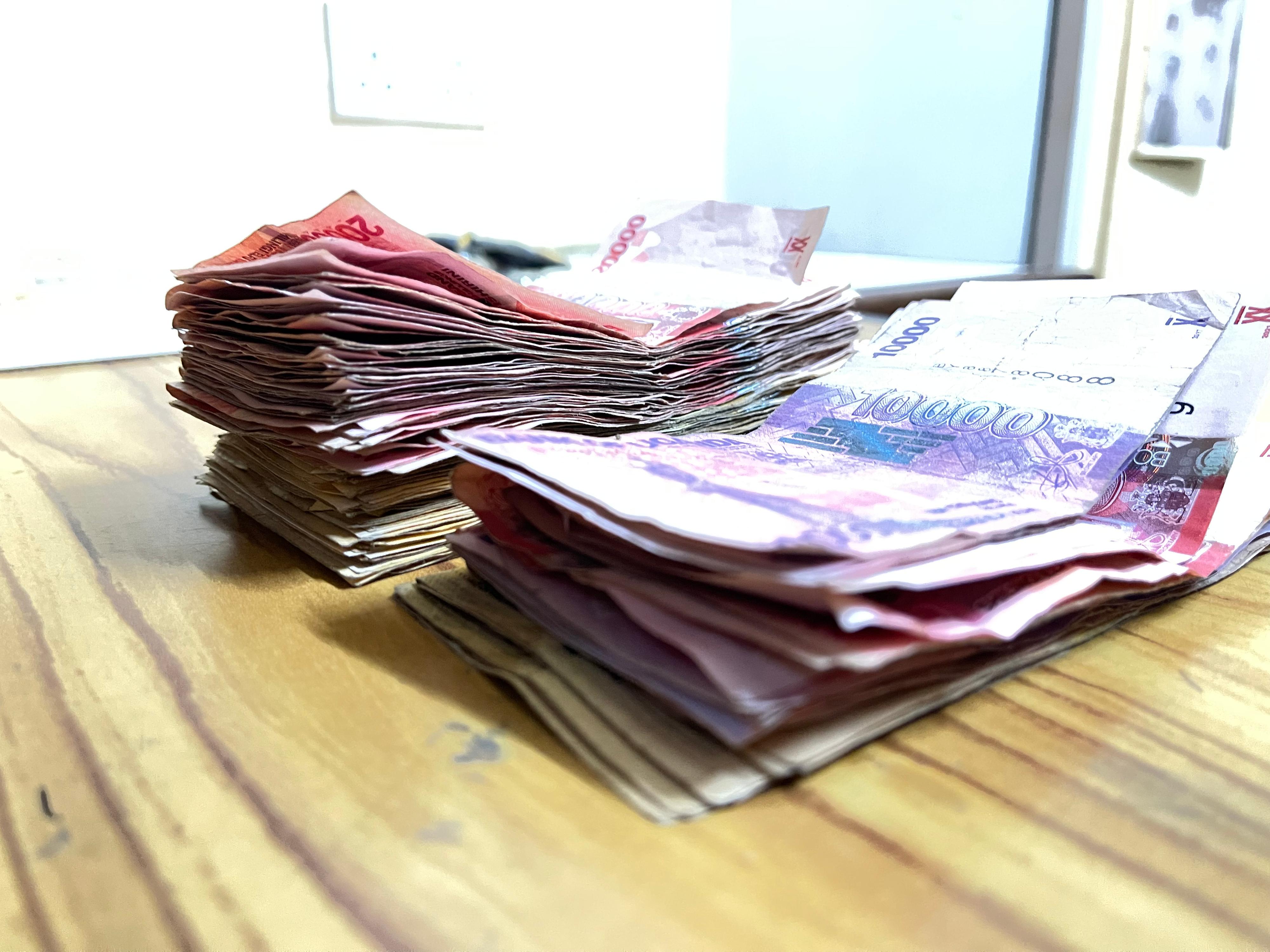Prime
Leaving Africa’s colonial-era currency will be hard, but wise

Mr Doyle is a former senior staff member at the International Monetary Fund. Photo/Courtesy
What you need to know:
- Burkina Faso, Mali, and Niger will need to establish new monetary and financial supervisory institutions before launch. Many countries in similar circumstances have introduced currency boards or exchange-rate pegs, at least at the outset to keep things technically manageable.
Exiting a longstanding currency union – as Burkina Faso, Mali, and Niger propose to do by leaving the CFA franc zone, comprised of West African states that use the French-backed currency pegged to the euro – is not a decision to be taken lightly.
For the departing members, in particular, alternative monetary arrangements could prove elusive and better solutions may be overlooked.
Furthermore, while other former French colonies – including Tunisia in 1958, Algeria in 1964, and Mauritania and Madagascar in 1973 – successfully left the franc zone, the context was Bretton Woods. Accordingly, the order of the day was comprehensive capital controls, strong international support for decolonisation (notably from the United States), and symbolic, rather than substantive, shifts in currency pegs – propitious circumstances which no longer apply.
Nevertheless, exiting from the CFA franc zone may be wise. The zone has long stagnated, uncertainties are already elevated by the security and governance issues these countries face, and the deep sense of the currency’s illegitimacy as a symbol of continued French hegemony constitutes a permanent vulnerability.
That excessively restrictive fiscal policy in the CFA franc zone is a byproduct of the grossly inadequate debt relief provided under the IMF-World Bank Heavily Indebted Poor Countries Initiative. But given that creditors appear unlikely to provide CFA franc countries with the relief needed to implement pro-growth fiscal policies now, policymakers there are forced to seek other, secondary, sources of growth – including currency reform – or to resign themselves to stagnant, insecure futures.
Burkina Faso, Mali, and Niger are evidently not so resigned. All three recently mounted coups to displace governments which, while formally democratic, were unable or unwilling to deliver prosperity or to defeat Sahelian jihadism. In that context, the three – the Alliance of Sahel States – announced a study of a new common currency to express their collective sovereignty.
Currency scolds – averse to any tampering with French governance – are of course quick to criticize. But it is better to consider how and when new currency arrangements might actually work.
Given these countries’ external-financing constraints and capital outflows, adopting a new monetary regime will require shoring up budgets and securing an adequate stockpile of international reserves to avoid fiscal dominance and offering a one-way bet to currency speculators.
Burkina Faso, Mali, and Niger will need to establish new monetary and financial supervisory institutions before launch. Many countries in similar circumstances have introduced currency boards or exchange-rate pegs, at least at the outset to keep things technically manageable.
If the three proceed down this path, international cooperation will help to ensure a smooth transition. For example, the Economic Community of West African States (Ecowas), from which they withdrew earlier this year, recently lifted sanctions against them. Likewise, the countries remaining in the CFA franc zone should continue to provide lender-of-last-resort facilities during the transition period.
Lastly, international organisations and developed countries should offer enough debt relief so that all current members of the CFA franc zone have the fiscal space to introduce the best pro-growth policies.
-- Project Syndicate
Mr Peter Doyle is a former senior staff member at the International Monetary Fund




